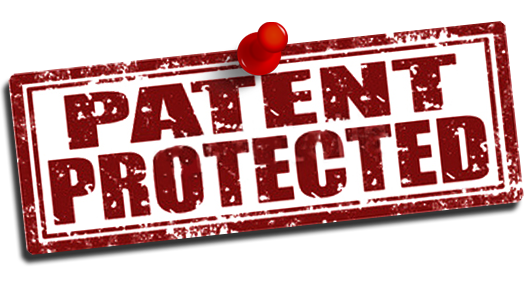I recently returned from the America’s Small Business Development Center’s annual conference in Washington, D.C. I had the opportunity to attend a workshop at the United States Patent and Trademark Office. Experts from the Global Intellectual Property Academy and Office of Governmental Affairs provided a “top 5” list that captures common international intellectual property issues affecting U.S. small businesses. Below, is a brief summary of that list.
Copyrights:
- Protect “literary and artistic expression.”
- Do NOT protect ideas, only the expression of ideas.
- Are a bundle of rights, i.e. make copies, make changes to the work etc.
- Protection is automatic, BUT registration with the U.S. Copyright Office provides significant advantages.
- A business can help to protect the copyright in its works thru watermarking its work, using a copyright notice etc.
Trademarks:
- Are “territorial” meaning trademark rights in the U.S. do not automatically confer trademark rights in other countries.
- Should be registered in the U.S. first. A USPTO trademark application/registration can also be helpful in obtaining a registration in foreign countries.
- Consider translations and/or transliterations when you are registering abroad.
- Have a registration strategy – register where your goods/services are sold; where products or parts for your products are manufactured. Register as soon as possible to avoid trademark “squatters.”
Domain Names:
- Businesses often fail to consider “domain names” in conducting their trademark searches.
- Businesses often fail to develop a strategy for their domain names, even where they have a strategy for their trademarks.
- Businesses may wish to consider registering their trademarks as domain names in generic top-level domains (gTLDs) as well as country-code top-level domains (ccTLDs)
- Domain name registration may be defensive, i.e. to prevent cybersquatting. But also may be proactive, i.e. reserving a domain name in a ccTLD, e.g., .cn, for eventual expansion to China including use of a local language website.
- The Internet Corporation for Names and Numbers (ICANN) administers domain names in the generic top-level domains. Information about domain names may be found at ICANN.org. The World Intellectual Property Organization (WIPO) also had useful information.
Trade Secrets:
- Any confidential business information which provides an enterprise a competitive edge may be considered a trade secret.
- State and Federal laws protect trade secrets and may be enforced both criminally and civilly.
- Trade secrets can be held in perpetuity.
- A business protects a trade secret by keeping it secret!
- It must have commercial value because it is a secret.
- It must have been subject to reasonable steps by the rightful holder of the information to keep it secret (i.e. through confidentiality agreements.)
- A trade secret can be lawfully reverse engineered; the ease with which an invention could be reverse engineered must be considered in deciding whether to pursue patent protection.
- International Trade Secret protection and enforcement varies from country to country. Use a competent IP attorney when utilizing your trade secrets in other countries.
Patents:
- Know what you’ve got! (i.e. a material? a method? Is it an invention or an idea?)
- Know where you are. (Patents are territorial.)
- Keep your mouth shut! (Avoid public disclosure/use/offers to sell prior to applying for a patent.)
- Know what day it is. (Failure to keep track of important filing dates can be fatal.)
- Go to bed. (Watch out for predators!)
Overwhelmed? Don’t be. The U.S. Patent and Trademark Office wants your small business to be protected! They have immense resources on the web. Please reach out to me for more information and I will be happy to assist!
Roberta Winch rwinch@cscc.edu





